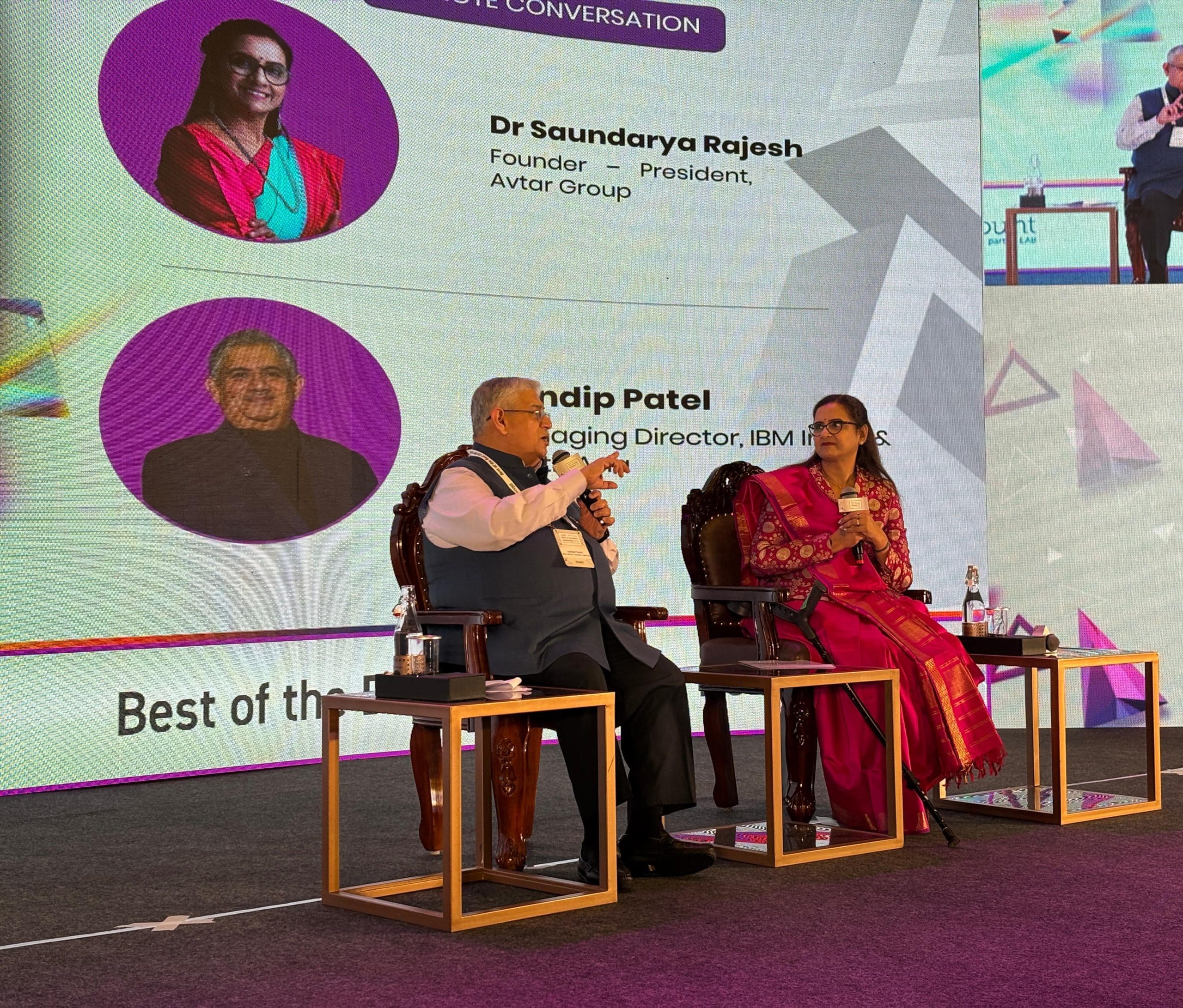We are born different. Our minds are a million myriad colors; our hearts even more. Yet when it comes to the color of our skins, the acceptance is rigid, with lighter skin being considered more attractive. The bias is also entrenched in India, with colorism playing a role in job prospects.
Colorism is usually a prejudice against people with dark skin. In India, where skin color has a history with different kinds of representations, the bias peaked during British rule. Lighter-skinned Indians were preferred to their dark-skinned counterparts. They gave fair Indians access to government jobs, while constantly demeaning dark-skinned Indians.
Being a rather curious phenomenon, research has tried to understand the cause. One can see that colorism and poverty go hand in hand. ‘Dark-skin is usually associated with being ‘dirty’ or ‘under-nourished’. Lack of access to a nutritious diet and skin-whitening products create a darker canvas for that specific crowd, feeding into the already existing bias system.
While there has been increasing awareness, it is shocking to observe that colorism still dictates the job market. A survey with college students and a focus-group interview with women from different regions of the country yielded interesting results. 74% of the surveyed people agreed that lighter-skinned individuals were more acceptable in society, irrespective of their skin tone.
A majority of these individuals also perceived the lighter-skinned people to have a higher status in society.
In a ‘Rate The Resume’ survey of both the male and female photos, the lighter skin-toned photo-resume combinations received statistically significantly higher ratings for overall resume quality, experience level, and hiring decision.
“A woman’s dark skin can preclude her from entering positions such as news anchor, sales associate, flight attendant, and even receptionist because these jobs require exposure to and interaction with the public, who will judge her as unattractive, unworthy, and incompetent. Fair-skinned women, conversely, are seen in most of these roles; their skin tone grants them unearned privilege and power within organizations as a result.” observes a 2015 report by professors at Southern Illinois University and the Rochester Institute of Technology.
This particular bias propels the product market, notes a 2011 World Health Organization report. About 61 percent of the dermatological market in India consists of skin whitening products. According to marketing reports, the skincare products market grew by an annual rate of about 20 percent between 2012 and 2016. Valued at 2 billion dollars, it is the largest market in the region.
As we advance, it is essential to pause and shed unhealthy biases. An ethical and healthy world does not accommodate colorism.





















